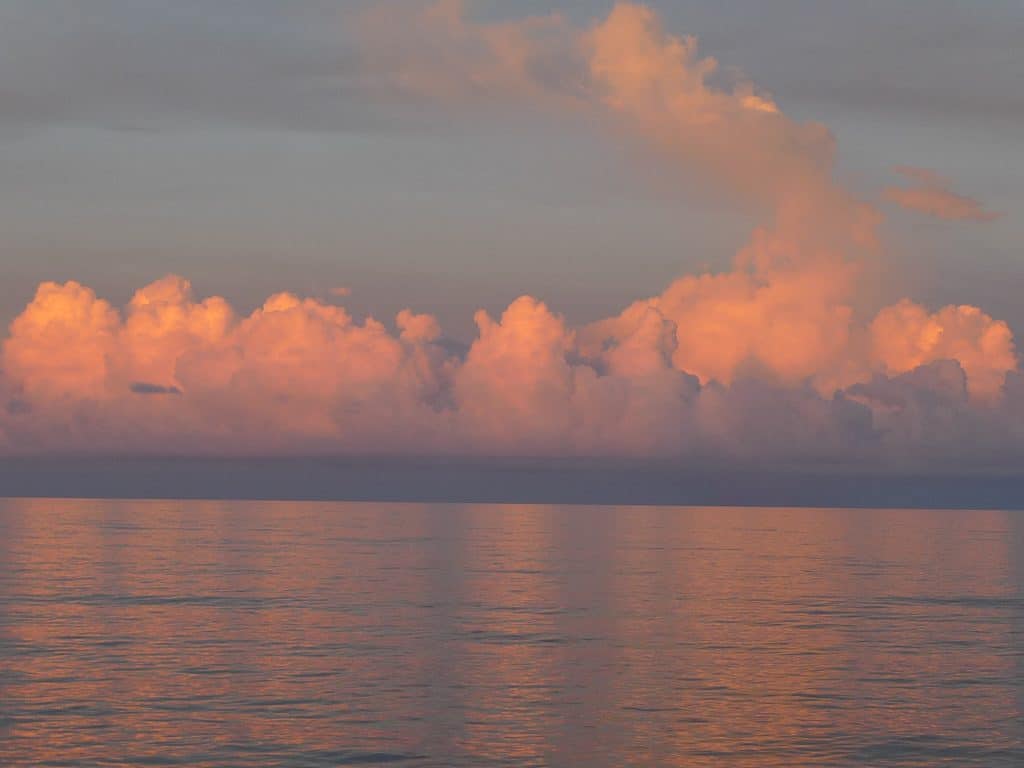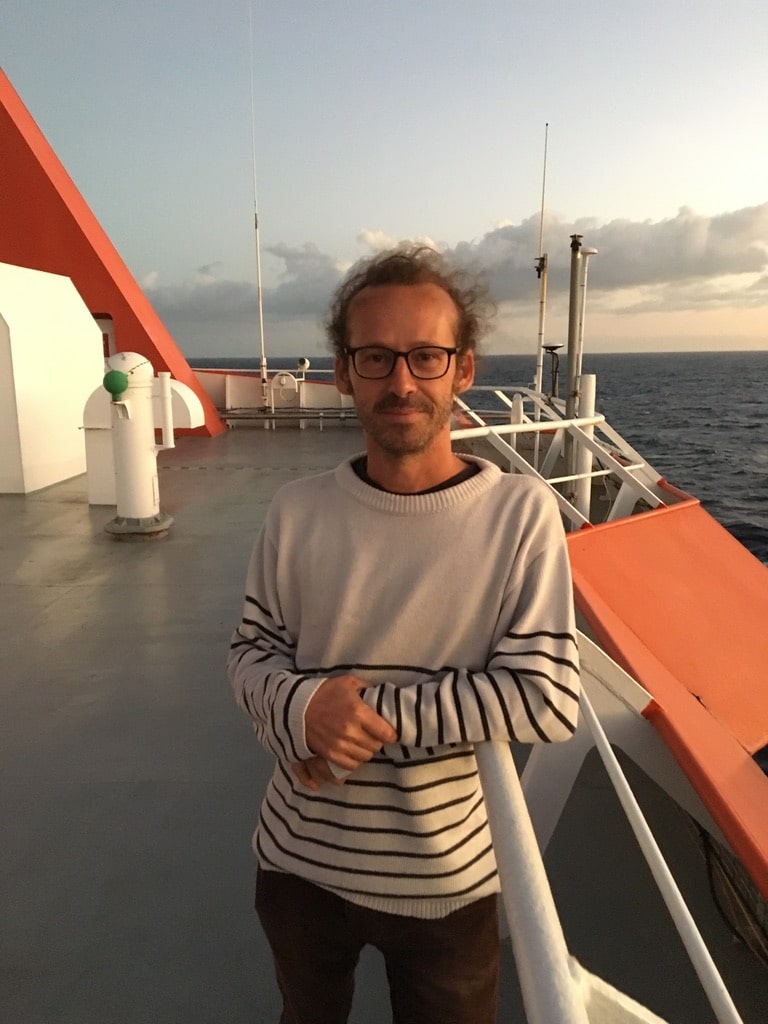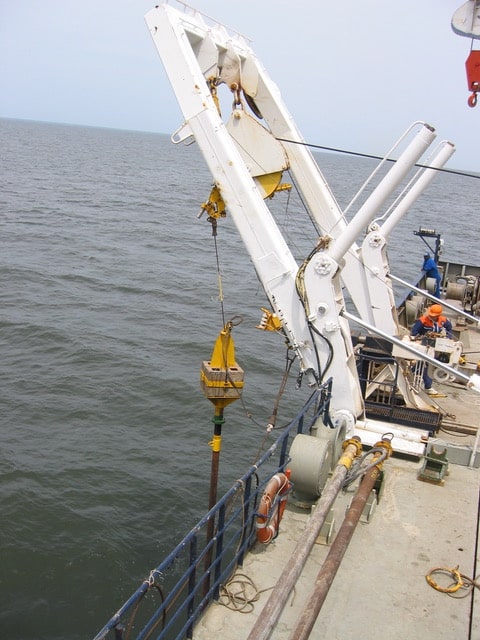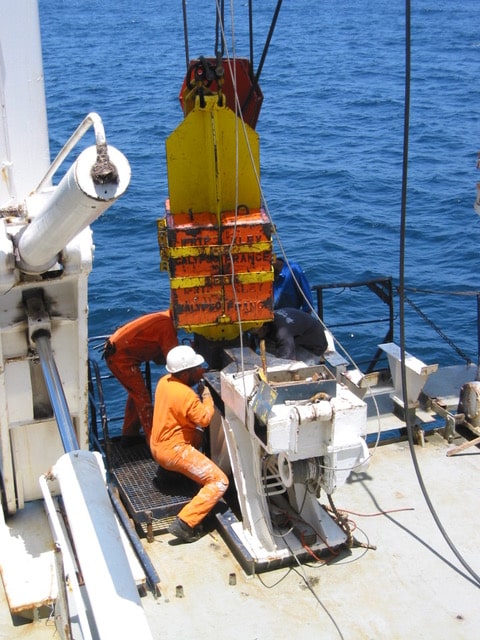Paleoceanography and paleocirculations
We are developing new methods to rebuild the ocean circulation and past oxygenationthrough an approach based on combination of geochemical approaches (neodymium and carbon isotopic compositions of foraminifera) applied to the same ocean archive in order to minimise the biases associated with each approach. These approaches are at the heart of theANR MedSens (2020-2024) supported by Kazuyo Tachikawafocused on the study of Mediterranean thermohaline circulation. The project ANR ITCH (2023-2027), supported by Clara BoltonThe SCRATCH project is capitalising on data from the French Oceanographic Fleet's SCRATCH campaign (2021) to study the impact of the sea on the environment.volution of the Indien dipole and the co-evolution of ocean plankton in the canal of Mozambique in the Pleistocene and will complement our ongoing studies in the tropical Indian Ocean. The very precise ages 14C measured as part of theANR MARCARAsupported by Edouard Bard on benthic foraminifera will enable reconstitution of deep ocean circulation.
The latest developments in automated micropalaeontology within the team have made it possible to initiate work on the past variability of surface hydrological conditions in Indian OceanThis is an important zone which contributes to climate variability on a global scale (ENSO, Indian Dipole, Monsoon). The application of our prototype for counting microfossils (MiSo) to the sediment samples taken from the marine cores makes a significant contribution to this type of study. The development of this automatic sorting method will be continued over the next term of office with the A*Midex MicroTree project (2023-2025) supported by Thibault de Garidel for the development of a second very high-speed sorterand theEquipex-+ IMAGINE2 (2021-2028) including a 3rd PLC associated with an X-ray sensor for screening microparticles (ED team collaboration).
This work is based on the many marine archives stored at CEREGE as part of projects supported by the supervisory authorities and internally. Our archives will soon be supplemented by a more complete spatial coverage of the tropical Indian Ocean (DipoMouss campaign, programmable P1) and by the TransPac federative campaign project aimed at obtaining a sub-equatorial zonal transect of Plio-Pleistocene sediment cores.

Projects
- 2023-2027 : ITCH
An Integrated Test of Climate Hypotheses: Paleoclimate Cycles and Plankton Evolution in the Pleistocene equatorial Indian Ocean - 2021-2025: ANR MARCARA
MArine radioCArbon Reservoir Age variability and its implications in paleoceanography, paleoclimatology and geochronology - 2020-2023: ANR MedSens, Mediterranean thermohaline circulation sensitivity: lessons from the past for future
- 2020-2023: CYCLOCARB, Oceanic Carbon Cycling Response to Global Temperature Changes
- 2020-2022: INSU, LEFE, EC2CO Chemical, Past climate change in Central Africa and Central America - An isotopic and molecular approach "ANR iMonsoon- Clara Bolton
- 2019-2021: CYBER, LEFE AURORE, Authigenic uranium precipitates on foraminiferal tests to reconstruct water oxygenation conditions: studies on proxy behaviour




